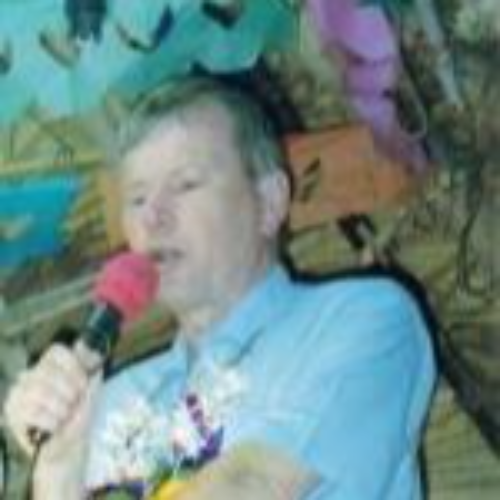-
Some Rules For Christian Character
Contributed by Christopher Holdsworth on Sep 27, 2020 (message contributor)
Summary: Some guidelines for the Christian life AFTER citizenship of the kingdom of heaven has been granted.
SOME RULES FOR CHRISTIAN CHARACTER
Psalm 15.
Moses came down Mount Sinai from the presence of the LORD bearing two stone tablets on which were written God’s commandments. Finding the children of Israel already distracted by idolatry, he broke those stones, symbolic of the fact that God’s law was already broken even before they had received it!
On a second trip up the mountain, Moses hewed out new stones upon which the ten commandments were written again, with the finger of God. These were placed in an ark of wood, made according to the LORD’s own specifications. Moses was given specific instructions for the building of this ark, and for the tabernacle or tent in which it was to be placed.
John 1:14 tells us that ‘the Word was made (became) flesh, and dwelt (literally ‘tabernacled’) among us…’ The whole cultus of the Old Testament, from the sacrificial system to the very hangings of the curtains in the tent of meeting, was always pointing towards the One whom the LORD would send as the ultimate once and for ever sacrifice for the sins of His people.
After one disastrous attempt to move the ark in a manner not prescribed by the LORD (2 Samuel 6:3), King David at last brought the ark up to Jerusalem, and placed it in a tent in the City (2 Samuel 6:17). When we worship the LORD, it should be in the manner which He has appointed: through the Lord Jesus Christ.
We can imagine the careful guarding of that sanctuary by the priests in the liturgy of Psalm 15.
Psalm 15:1.
The question is asked: “LORD, who shall abide in your tabernacle? Who shall dwell in your holy hill?”
To "abide" in the LORD’s tabernacle is to dwell under His protection, and to be in communion with Him. It is the same verb as in Psalm 23:6 and Psalm 27:4.
The "holy hill" is Mount Zion, Jerusalem, but always with a view to the new Jerusalem, and to the community of God’s people in heaven.
What kind of life does the citizen of heaven lead? Their lives are typified in a brief set of rules, or guidelines. This is how they will live after citizenship has been granted (cf. Ephesians 2:6; Ephesians 2:10).
Psalm 15:2.
They "walk uprightly." They are not bent double like apes: they are able to look every man in the eye. This is the commandment the LORD gave to Abraham (Genesis 17:1), corresponds to Psalm 1:1, and speaks of a sincere and thorough religion (James 1:27).
They "work righteousness," not only speaking the speech, but doing the deeds. We are made righteous in Christ Jesus, and His righteousness is imputed to us. This being done, however, our Christianity is displayed thereafter in the life we lead, and our fair dealings in the things we do (James 2:18). "Truth" has a home in the "heart" of the true believer. He delights himself in the word of God (Psalm 1:2), is sincere in his religion, honest in his dealings, and cannot abide false dealings in others.
Psalm 15:3.
Furthermore, the citizen of heaven guards his tongue. Much evil is does done through that unruly instrument (cf. James 1:26; James 3:2-13). The righteous, however, is not given to "backbiting" : neither will he slander, nor spread malicious gossip.
Psalm 15:4.
The wicked are viewed as "vile" by God, which means literally worthless and good for nothing. The Christian concurs with this judgment of the LORD.
The citizen of heaven "honours" whom God honours: he loves the brethren (1 John 3:14); and keeps his promises, no matter what the cost.
Psalm 15:5.
The word "usury" is derived from the verb 'to bite'. God’s people are against extortion, whereby they might profit at the expense of others. They are also against bribery, which is the cause of many a miscarriage of justice (cf. Deuteronomy 16:19). Rather they protect the poor.
The man who lives thus is one who cannot be "moved" : he is built upon the rock, which is Jesus; he is part of the church militant against which the gates of hell shall not prevail. Nothing shall separate him from the love of God: and he becomes like Zion itself, which abides forever (Psalm 125:1).

 Sermon Central
Sermon Central



